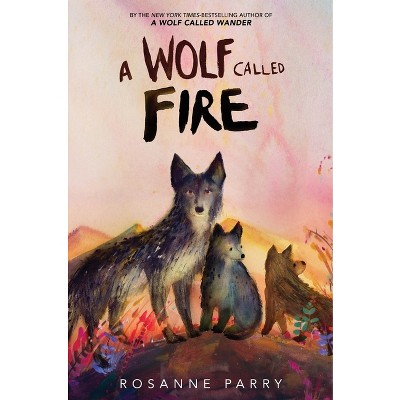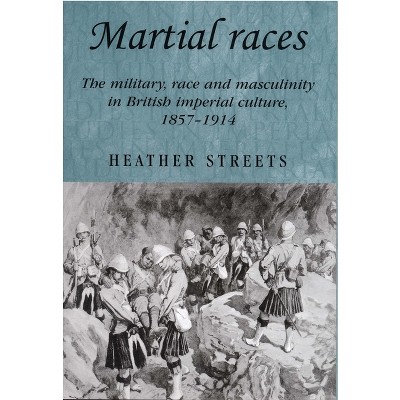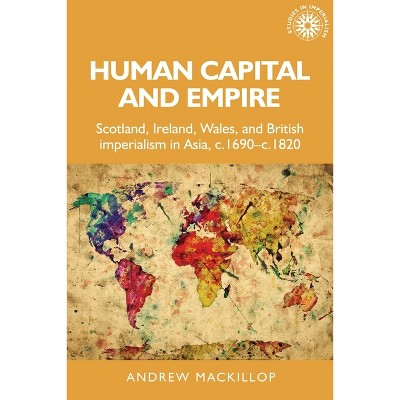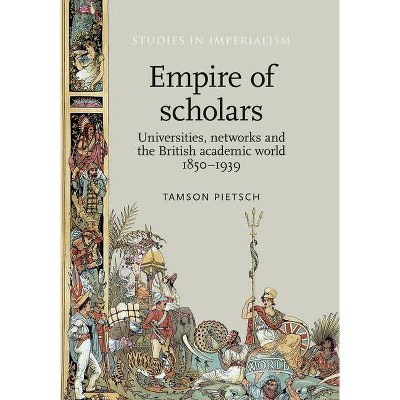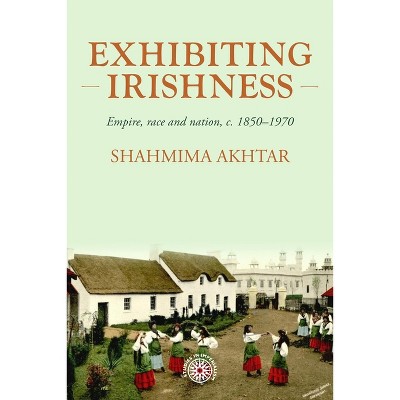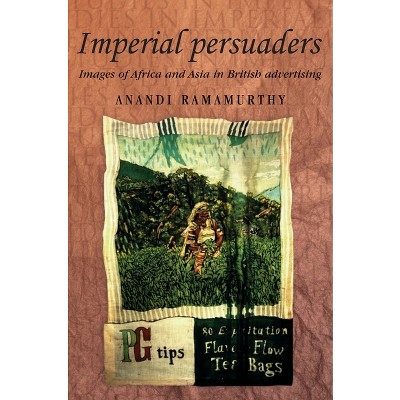An Empire of Many Cultures - (Studies in Imperialism) by Diane Robinson-Dunn

About this item
Highlights
- Based upon original research and bringing to life the words and actions of Bahá'í, Muslim, and Jewish leaders during the early 20th century, this study sheds light on each found meaning and value in the diversity that characterised the British Empire, enabling the creation of relationships that would have an impact on future generations.
- About the Author: Diane Robinson-Dunn is a Professor of History at the University of Detroit Mercy
- 272 Pages
- History, Europe
- Series Name: Studies in Imperialism
Description
About the Book
Based upon original research and bringing to life the words and actions of Bahá'í, Muslim, and Jewish leaders during the early 20th century, this study sheds light on each found meaning and value in the diversity that characterised the British Empire, enabling the creation of relationships that would have an impact on future generations.Book Synopsis
Based upon original research and bringing to life the words and actions of Bahá'í, Muslim, and Jewish leaders during the early 20th century, this study sheds light on each found meaning and value in the diversity that characterised the British Empire, enabling the creation of relationships that would have an impact on future generations.From the Back Cover
An empire of many cultures explores how Bahá'ís in England and Palestine, Muslim missionaries from India based in Woking, and Jews in England on both sides of the Zionist debate understood interactions with the British state and larger imperial culture prior to and during World War I.
With the outbreak of the war and British expansion into the Middle East, certain Bahá'í, Muslim, and Jewish leaders found it necessary to form new relationships with the government and its representatives. These relationships would prove to be of pivotal importance for each, and have a lasting impact on future generations. This book, based on extensive archival research, brings to life the words and actions of Bahá'í, Muslim, and Jewish leaders during this time, shedding light on how each found meaning and value in the diversity that characterised the British Empire.
While an appreciation of diversity tends to be regarded as a modern, postcolonial phenomenon, this book illustrates how the men and women of the early twentieth century understood diversity as a defining characteristic of the empire itself. They found meaning and value in the variety of religions, races, languages, nations, cultures and ethnicities that comprised that vast, global entity. This recognition allowed extraordinary individuals to find common ground between the state and their own beliefs and aspirations, thus helping to lay the foundation for the eventual development of the Bahá'í faith as a world religion; a new era of Muslim missionary activity in the West; and a Jewish state in Palestine.
Review Quotes
'Engaging with extensive archival research, Robinson-Dunn explores the historical developments of Bahá'ís, Muslims, and Jews within the British empire, largely centered around the Great War... This fascinating study allows readers to explore the British empire through a new lens.'
Recommended by CHOICE
-Humayun Ansari, OBE, Historian of Islam and cultural diversity, Royal Holloway, University of London 'Based on wonderful archival research, Robinson-Dunn offers fascinating new insights into the workings of empire and how imperial interests intersected with the goals of minority faith communities ... an excellent account which deserves every plaudit, while pointing to a promising area of focus for future studies.'
-Brendan McNamara, Historian of religion and East-West encounters, University College, Cork 'An important, fascinating and sensitively explained study of early twentieth-century Bahá'í, Muslim and Jewish engagement with the British State and the Politics of the Middle East.'
-Jamie Gilham, Historian and author of Loyal Enemies: British Converts to Islam, 1850-1950
About the Author
Diane Robinson-Dunn is a Professor of History at the University of Detroit MercyShipping details
Return details
Trending Book Pre-Orders



